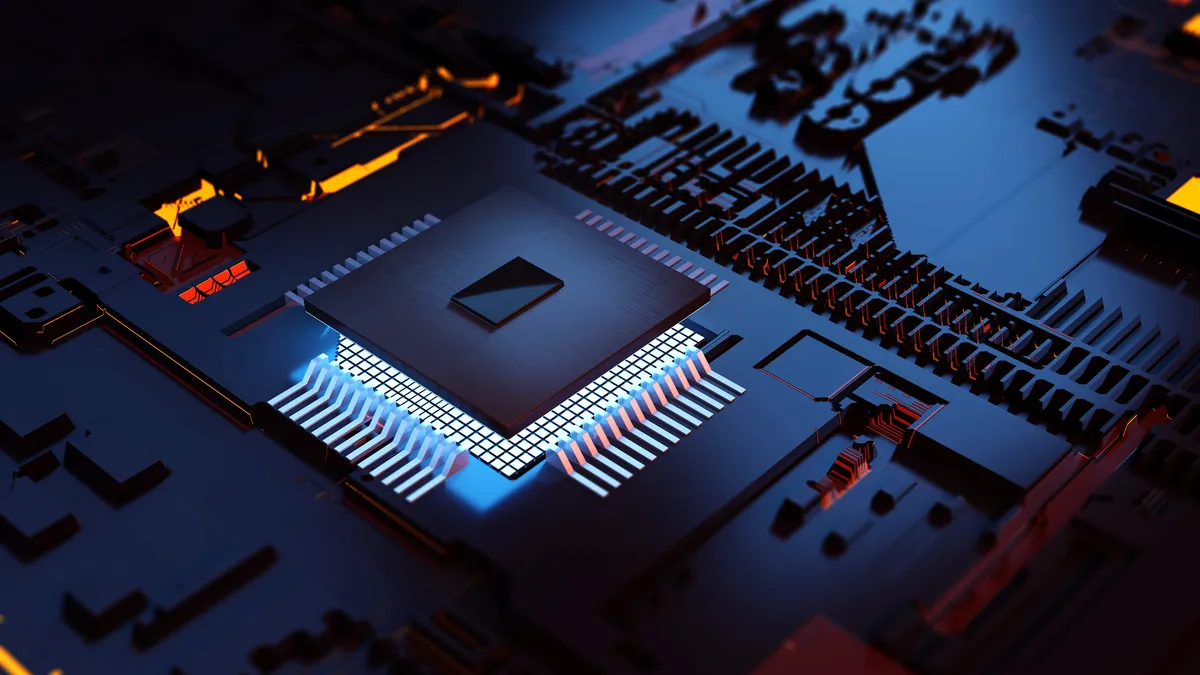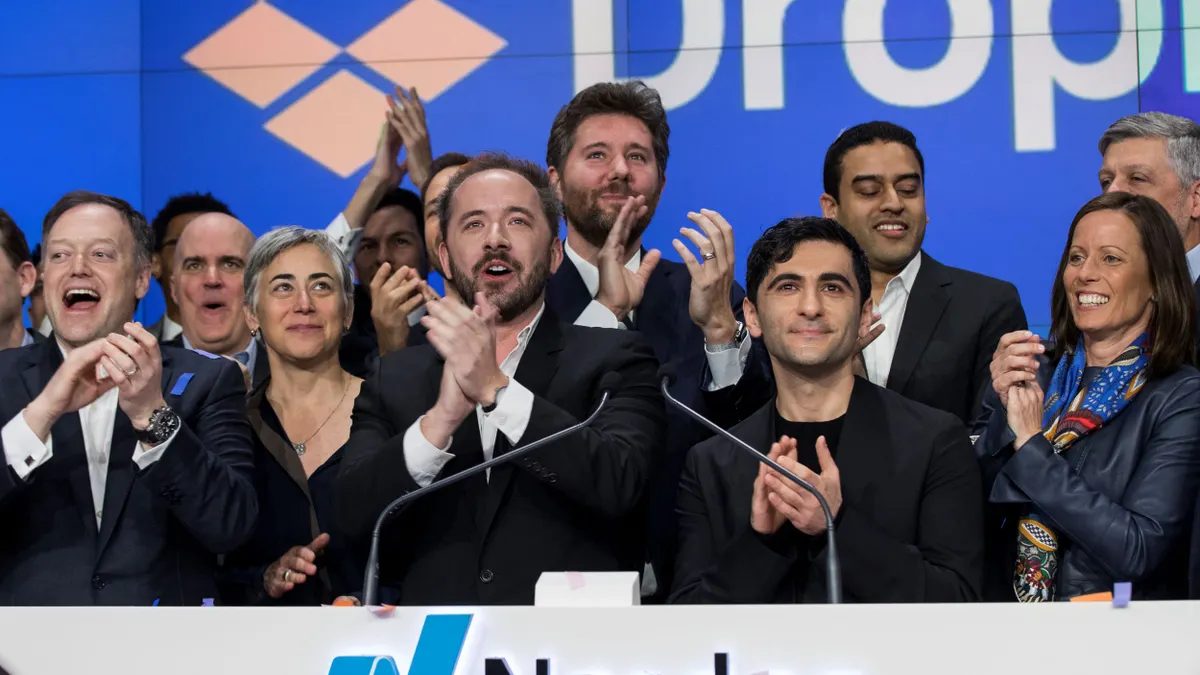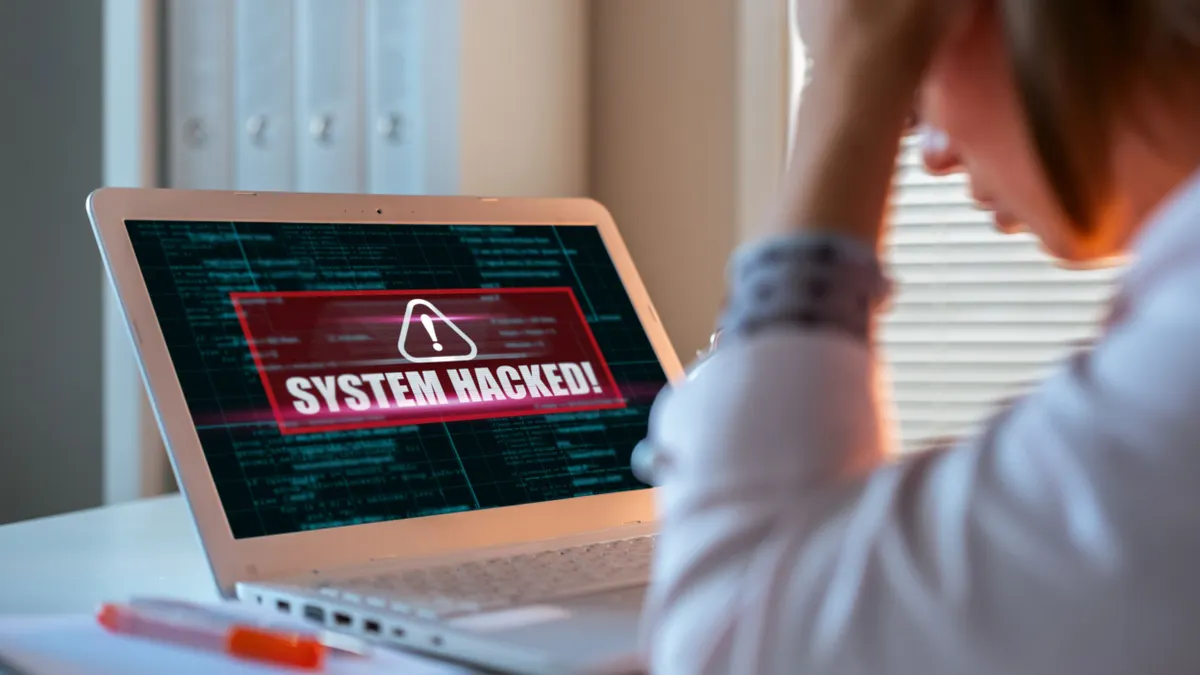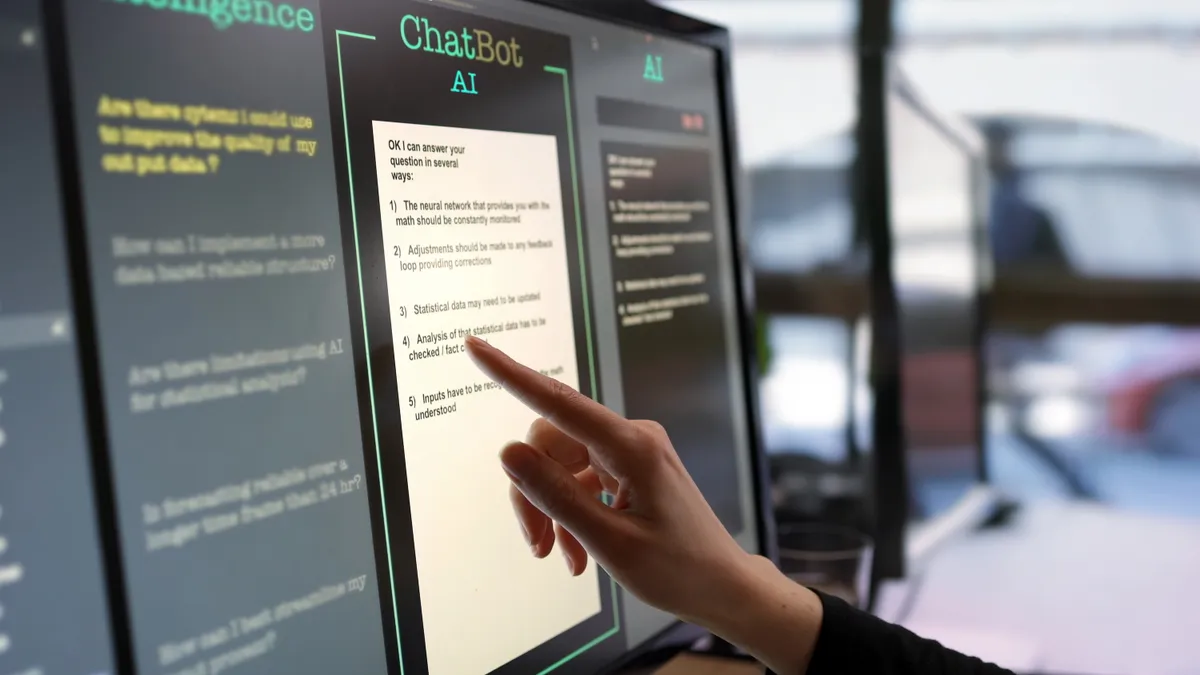Andrew Kennard is the CFO of London-based Metacask, which offers an online marketplace for trading whiskey casks and bottles. Views are the author’s own.
You’d be forgiven for thinking that blockchain technology has no place in age-old industries such as whiskey trading, where things have been done the same way for decades, if not centuries.
Blockchain is still a relatively nascent — and, for some, unfamiliar — technology. Yet it holds tremendous promise for a variety of sectors, including those where paper trails and written ledgers remain a part of day-to-day business.
Put simply, blockchain is a secure database — shared across a network of participants — that allows for the “permanent, immutable, and transparent recording of data and transactions,” according to McKinsey.
No longer solely associated with cryptocurrencies, blockchain technology is now being harnessed in many industries, helping organizations gain insights from mountains of data and facilitate orders and payments quickly and securely.
“Blockchain increases trust, security, transparency, and the traceability of data shared across a business network — and delivers cost savings with new efficiencies,” according to IBM.
This all sounds like music to the ears of a CFO — an auditable trail that proves transactions have taken place without ambiguity, unlike with paper documentation. And this technology revolution is taking place in the premium spirits industry as I write.

As blockchain’s business potential begins to unfold, my role as the CFO of Metacask — which is focused on modernizing the sale and ownership of whiskey casks — has afforded me a front-row seat. I’ve been able to witness firsthand how the technology can transform the face of a sector steeped in history and tradition and in need of radical change.
While demand for rare and valuable whiskey and other investor-grade spirits is high, the buying and selling of casks is an outdated and often laborious process. It’s usually a three-way transaction between the seller, broker and private buyer which is often paper-based. Brokers take ownership of a cask, and once complete, they issue a proof of ownership certificate to the customer. But the problem lies in the fact that this proof of ownership certificate is really only recognized by the broker, not the warehouse which is storing the cask.
In fact, typically, the warehouse only stores the name of the broker associated with the cask — not individual owners. Should the broker go out of business, the warehouse only has the name of the broker on the cask — not the beneficial owner. For collectors, this can be a concern. It raises questions over proof of ownership.
This is where Metacask comes in.
The company, which is registered in Switzerland but operationally based in London, is an online marketplace for collectors and an asset tracking and inventory management platform for brands. It seeks to modernize the sale, ownership and trading of casks and bottles through the use of NFTs (non-fungible tokens) paired to the physical product, whether it’s a cask of 1991 Macallan or a RAREcask tequila — the former selling for a record $2.3 million on Metacask in 2021 and securing the future of digital ownership in the business of collecting investor-grade spirits.
These NFTs serve as the “digital title of deed,” with complete transparency — not just in possession and provenance, but also for the purposes of price discovery. This also means the underlying asset can be traded digitally and instantly on the marketplace.
For distillers, warehouses and spirits producers, blockchain technology can now be used to record every step of the production process, including ingredients, sources, processes and energy use. Using Metacask’s SaaS product known as Trakr — an inventory management and asset tracking solution — they are able to demonstrate provenance and success in sustainability initiatives, as well as streamlining production processes, cutting paperwork and the ability to generate reports instantly.
All of this boosts efficiency and ultimately profitability. It also highlights how revolutionary blockchain technology can be.
In any sector today, it’s a big mistake to assume that existing systems and processes are good enough. Consider the seismic change to the music industry when the incumbents hadn’t seen — or at least had underestimated — the move to digital being a threat. Then Apple arrived on the scene and redesigned the entire model.
Being stuck in old ways can cost dearly. As history has proved, it’s not a matter of if, but when.





















